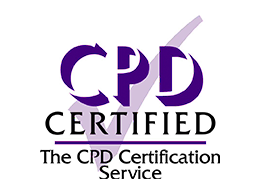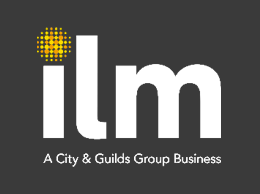Lead yourself first.
A great article (ref: Forbes) below which mirrors the ethos and approach that we take at Futureproof when working with people managers at all levels across a business.
…………………..
The most important and most difficult person to lead will always be yourself. It is the aspect of leadership that will require the most discipline, commitment and determination. However, it is also the aspect that will reap the greatest rewards.
One of the most effective methods of leadership is to lead by example. Everything in an organization starts at the top; as a leader, the tempo that you set will generally set the tone for how members within your organization interact with each other as well as others outside of your organization. This is a double-edged sword. It can give you great influence over creating a positive mentality within your organization. However, by the same token, the next time you are about to lose your temper towards an employee or counterpart, don’t be surprised when one of your employees decides it must be acceptable for him or her to do the same towards a colleague.
There is no simple and fast rule here, but generally speaking, not only should you know the difference between what is right and what is wrong, but you should be practicing it and living your words each and every day. As a leader, you are on 24/7. There can be no transgressions. Conduct yourself with the same level of discipline and maturity that you expect from others—and you will get it.
…………………
Were possible we would nearly always recommend the use of profiling tools to help delegates learn about:
- Different personality preferences
- Their personality preferences
- How to adapt their approach to maximise interaction with others
- The impact (negative & positive) of employing different leadership styles in the workplace
A great foundation for all people managers to learn and use in every aspect of managing and leading teams. Please get in touch if you would like further information about the range of support we can offer.
info@futureproof-training.co.uk | 01623 409 824




